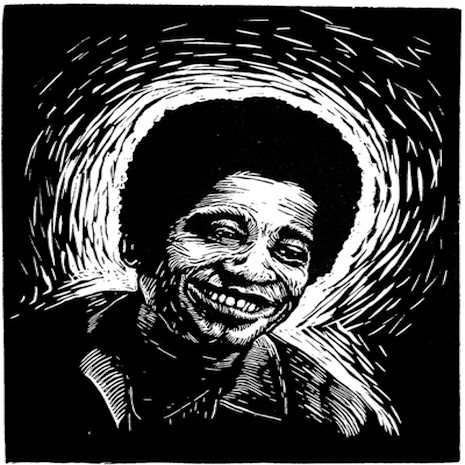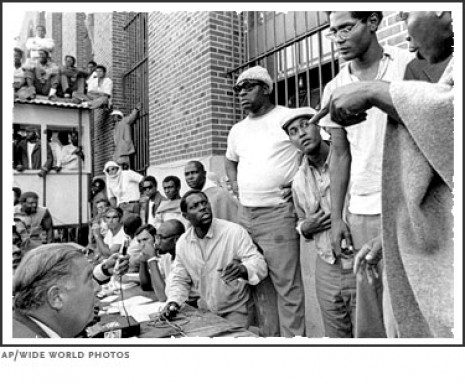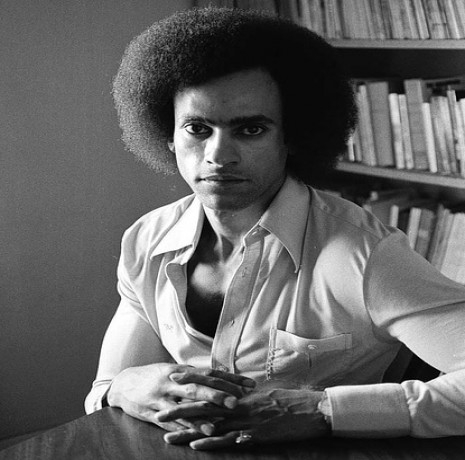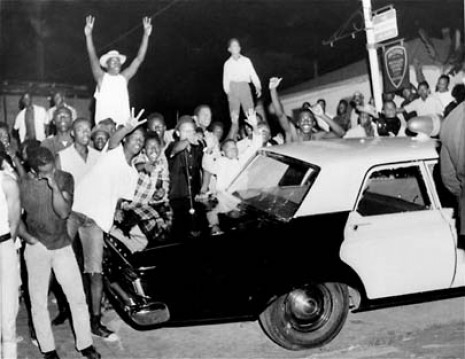
Forty years after his death, George Jackson continues to reflect different things to different people depending on their ideologies and experiences.
To some, Jackson was a renowned author, Marxist, and activist truth-teller who brought the injustices of the American experience in and out of prison into harsh light as the once-vibrant ‘60s faded to a disillusioned and bloody end.
To others, he was a career criminal and prisoner turned violent radical whose acts and incitements brought misery to many and resulted in the kind of revolutionary martyrdom now worshiped by Islamicists and Tea Party extremists.
In a society that both thrives on a fundamental class-based inequality and manages to keep its prison population of 2 million over 40% black, Jackson remains a figure of some relevance, however legendary. Perhaps the best way to get a picture of the man is to read his words in Soledad Brother: The Prison Letters of George Jackson
On the ideological side of things, here’s George Jackson - 40 year commemoration, a video produced by Jonathan Jackson Jr:
After the jump: George Jackson in context, and Bob Dylan’s salute to the man…








